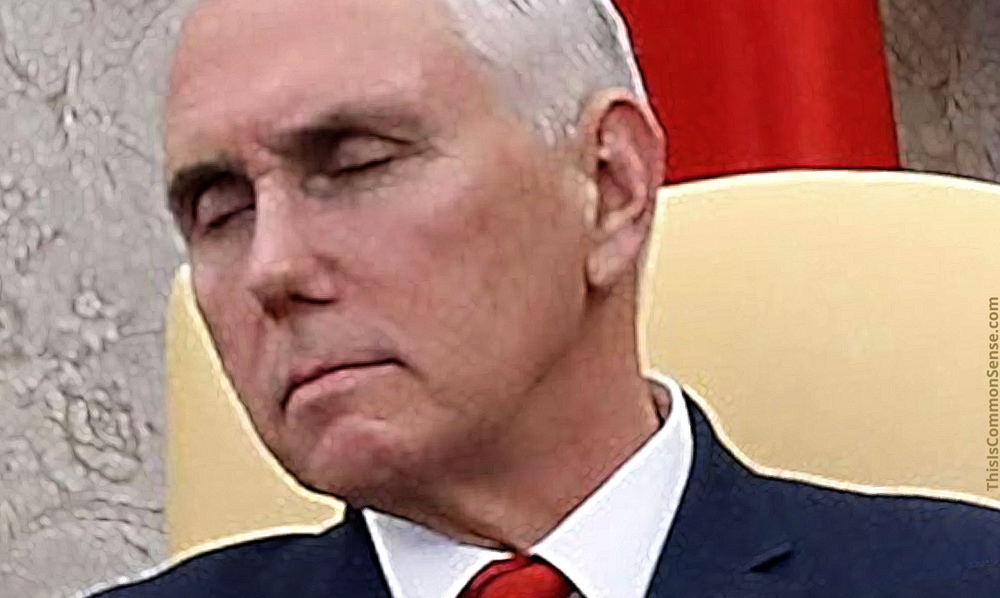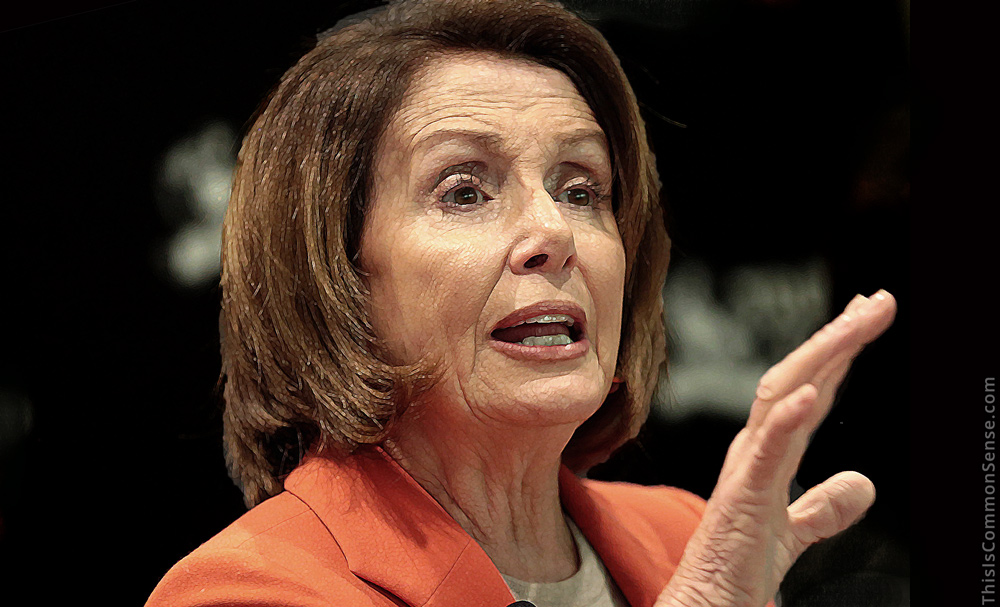One thing you notice when engaging in public policy discussions is the misuse of statistics in a particular way: truncating a timeline of data, to focus almost exclusively on short-term trends rather than a more meaningful long-term (“secular”) accounting of trends.
For example, you will often see proponents of state aid discuss the decrease in poverty after the War on Poverty began. And there definitely has been. But when we look at long-term trends, we see a long history of diminishing poverty levels in America, and improvements were more dramatic before, not after, the increase in welfare state spending in the 1960s.
Another trend line you might notice regards crime. Some folks focus on very recent upticks in some violent crimes, and demand that we “do something.” But the longer-term trend has been for a reduction in almost all forms of crime since the early 1990s.
What if something similar has been going on in “climate change”/“global warming” politics and reportage?
Along with even more disturbing near-term mis-reporting.








